Photo-DSC 204 F1 Phoenix®
Photo-DSC 204 F1 Phoenix® – Differential Photocalorimeter
For UV curing and more
The main advantage of light-curing systems is their fast reaction time. Monomer solutions which are mostly free of solvents can be cured within only a few seconds and already at low temperatures. A combination of thermal and light curing reactions is often applied to dual cure adhesives or paints.
The NETZSCH Photo-DSC 204 F1 Phoenix®, Differential Photocalorimeter, works in the temperature range from -100°C to 200°C. The Differential Photocalorimetry instrument has a gas-tight measuring cell and the purge gas control is regulated by a mass flow controller (MFC).
For our Photo-DSC 204 F1 Phoenix®, Differential Photocalorimetry system, most standard industry or laboratory lamps for cationic or radically curing material systems can be used.
For adhesives, we recommend the DELOLUX04 high-pressure mercury lamp (315-500 nm), which can easily be triggered using the Proteus® software.For paints and inks, we recommend the Photo-DSC (Differential Photocalorimeter) be equipped with an OmniCure® S2000 lamp. The measurement parameters (e.g. exposure time and intensity) can be programmed and monitored by segment via the Proteus® software.The luminous intensity of the high-pressure mercury lamp can be calibrated with the Radiometer R2000.
The modified automatic lid-lifting device of the DSC 204 F1 Phoenix®, Differential Photocalorimeter, guarantees a defined distance between the two light conductors and the sample and reference. This achieves high reproducibility of measurement results.For your normal DSC analyses above 200°C, a retrofit of the standard lid-lifting device is possible, or the manual lid can also be used without problems. For high sample throughput or for repeat measurements, use of our Automatic Sample Changer (ASC) for up to 192 samples is recommended.

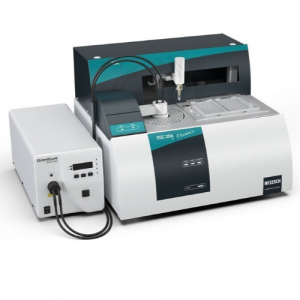
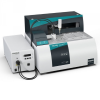
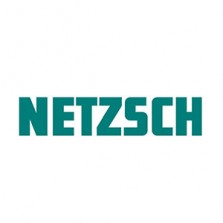
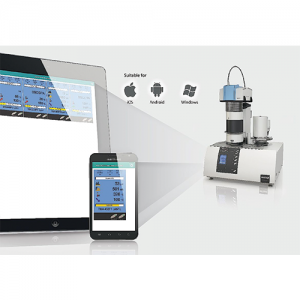
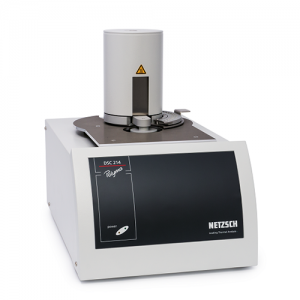
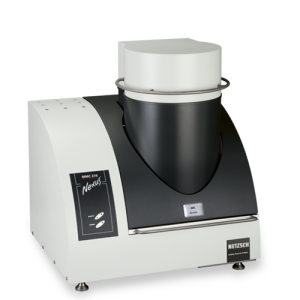
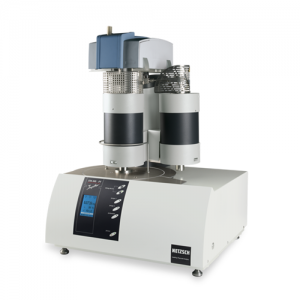
Reviews
There are no reviews yet.